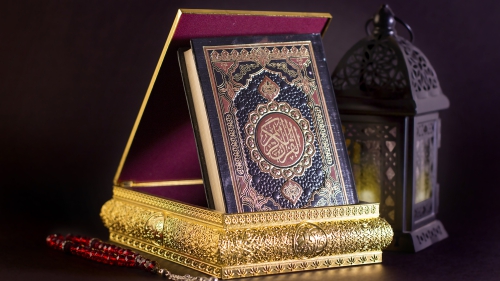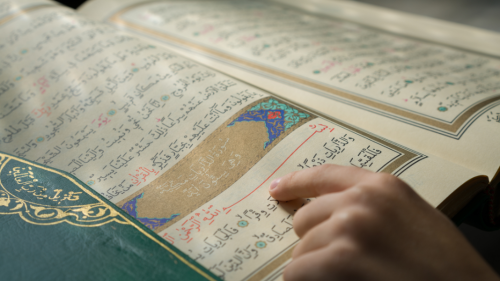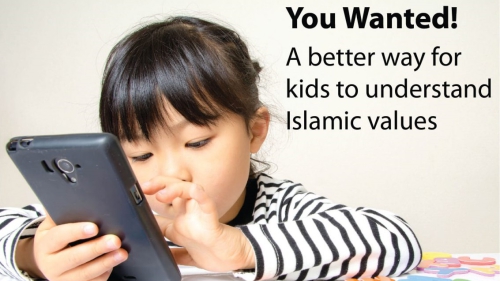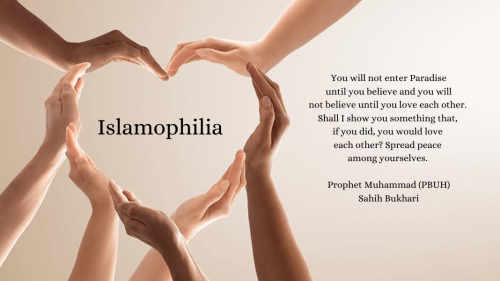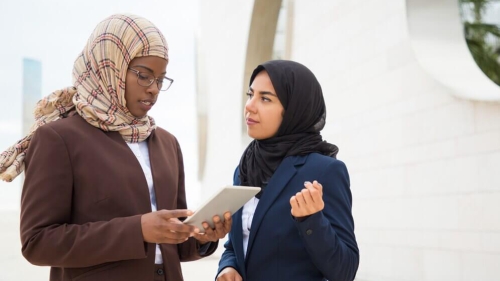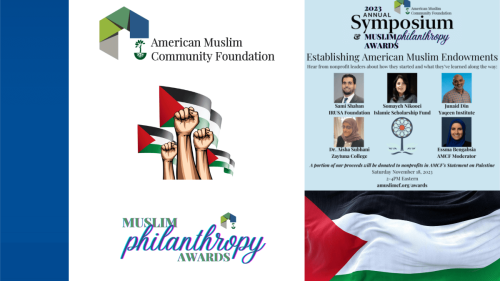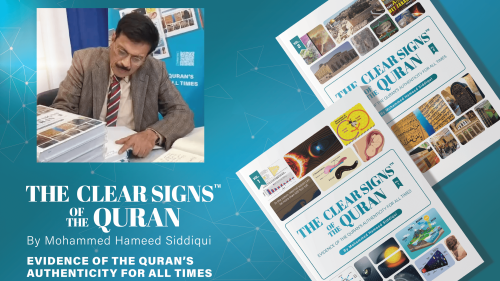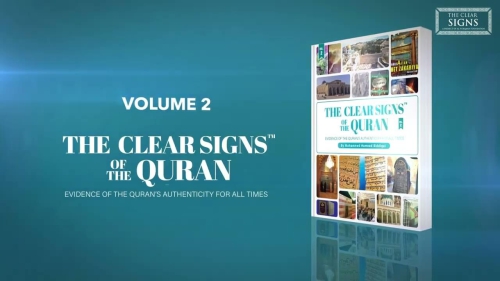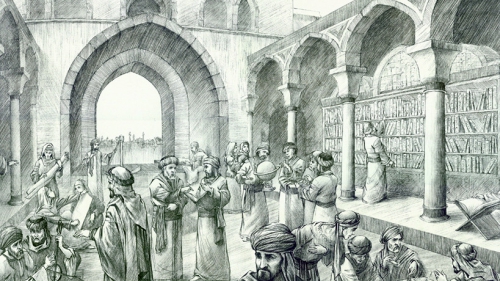Education must create 'total human beings'

In a symposium organized recently in Riyadh titled "Future of Education in the Gulf states", speakers highlighted the need for integrating Islamic and cultural values. The Arab Bureau of Education for Gulf States which sponsored the symposium encouraged group discussions to formulate plans on how to use Islamic values in our educational system.
Dr. Baqir Najjar, Dean of the Faculty of Arts at Bahrain University called for a closer teacher-student relationship. He feared that multi-national teaching staffs in the Gulf may have had an adverse affect on the students who, according to him, require homogeneity in teaching practices. Dr. Saeed Abdullah Al-Maheeri of the United Arab Emirates welcomed the growing trend of public participation in the affairs of the state. He, however, regretted the fact that in the UAE 74% of the people in education were unable to speak correct Arabic. Dr. Siham Al-Suwayesh of Saudi Arabia denounced the growing tendency to demand absolute submission from students. She said that such an attitude was instilling fear in them. Dr. Abdul Halim Ahmad of Malaysia spoke on the educational reforms in his country with a focus on technology. He added that Malaysia was committed to the preservation of Islamic values in its quest for higher education.
All these participants brought to light different aspects of our educational systems which need to be closely and critically examined.
We are now fast approaching the twenty-first century with its new ideas and challenges. Those who are able to face the challenges without fearing changing realities will not enclose themselves in a time warp and they will surely be successful.
We can only succeed by providing a first class education to the present and the coming generations. And this education should not be only a matter of providing modern classrooms and amenities for students but should also focus on the methodology used in those classrooms.
Dr. Baqir Najjar calls for a closer teacher-student relationship to strengthen the learning process. sound and strong. Dr. Siham Al-Sowayesh denounces the growing tendency of demanding absolute submission from students. Both are right.
In today's world communication is no longer a waterfall. It is now horizontal. Education must encourage dialogue. This "dialogue" will help create a heightened awareness among students and, in turn, will help them become better citizens, able to speak clearly and fearlessly on issues facing our societies in the future.
We do not want our educational institutions to churn out parrots, with no thought, no depth and no opinions. It is therefore important that educational planners pay heed to the advice of Dr. Baqir and Dr. Siham. Dr. Saeed Al-Maheeri blames the number of expatriates for the growing inability of UAE nationals to speak correct Arabic.
While one agrees with him that expatriates - especially in the UAE - have made no effort to build a "cultural bridge" with their hosts, the fault does not lie primarily with them. It is important that from time to time there should be an evaluation of our own people to determine their linguistic abilities. Even in advanced Western states the educational systems need to be constantly reviewed and evaluated in order to guarantee the best education. In the United States, for example, 32% of high school graduates cannot read-let- alone-write effective English. They are now talking of a new educational policy. In Britain, there are major educational reforms focusing on the teaching of English language and mathematics.
The main thing one has to focus on is reality. Have we faced up to the present situation? Has there been an honest evaluation of our educational system? Are those who wield authority in this field willing to accommodate new ideas?
Dr. Al-Maheeri is right about falling standards of Arabic. There have been debates about it in local Gulf papers, but such debates which fail to suggest proper solutions are of little use. It is high time that serious efforts get underway to solve this problem. The Arabic language is a beautiful one. It is rich. It is the language of the Holy Quran. It should prosper.
Dr. Abdul Halimi Ahmad of Malaysia hit the nail squarely on the head when he spoke of educational reforms with the focus on technology and the need to preserve Islamic values. It is very important that we adhere to our way of life, our ideology and our cultural values in whatever we do.
Islam lays great stress on education. Unlike those who call for greater heights in technological advancement, divesting them from spiritual values, I believe we should take the opposite road.
We should combine our worldly and spiritual goals to create the right type of mix.
It is important that, as we speak of education, industrialization and progress, we should also focus on the growing need of humanity to preserve spiritual and moral values. We need the total "human being." Not robots or machines. The quest is for the scientist and the chemist whose prime care is the environment and the health of the community.
Islam focuses on the total happiness of mankind and the welfare of society. This is what our educational system should aim at. Instead of spurning everything modern, let us analyze new ideas and values and tailor them to suit our needs.
We will succeed only when we are successful in building the character of our youth. And educational institutions are the places to begin.







